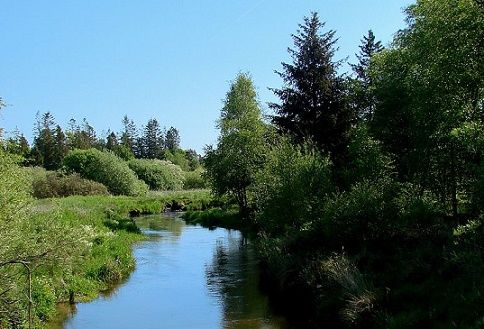All 9,750 inhabitants of Grindsted have been invited to visit their doctor as fears of the effect of long-term local pollution continue to grow, reports DR.
Grindsted, a small town in the Region of Southern Denmark, has a dirty secret. From 1962 to 1975 the Grindstedværket chemical plant dumped tonnes of heavy metals, medicinal products and solvents into the earth around the town. These subsequently mixed with the groundwater.
Fifty years later the townspeople are still suffering the consequences. At the beginning of this month an email was sent to every resident in the municipality, inviting them to the hospital. Over 100 people have since come in for checks.
The email asked anyone who has been feeling ill in any way to come in for a check-up, as symptoms could be linked to the continued effects of pollution.
ALS
There have been fears in the past in Grindsted of increased instances of ALS – a kind of motor neurone disease resulting in the wasting away of muscle tissue.
These were quelled when a study found there were no increased cases of illness in Grindsted in respect to the general population.
However, two researchers who helped conduct the study campaigned for further specific investigation into cases of ALS in the town.
New investigations
A renewed investigation was backed emphatically by the municipality. The current check-ups are part of this investigation. Doctors at Grindsted Hospital hope to be able to put the question to bed by analysing patients’ symptoms.
“We accept the opinions of those who have symptoms and believe they may be due to the pollution in Grindsted,” Jesper Bælum, a senior doctor, told DR. “We will thoroughly review any symptoms and ask about people’s concerns about the pollution.”
“We owe it to the dead and their relatives,” said Belinda Annline Kjær, who has chosen to take part in the checks.
“We really owe it to those who have been exposed to these diseases in our city to follow up and see if there is a connection.”











